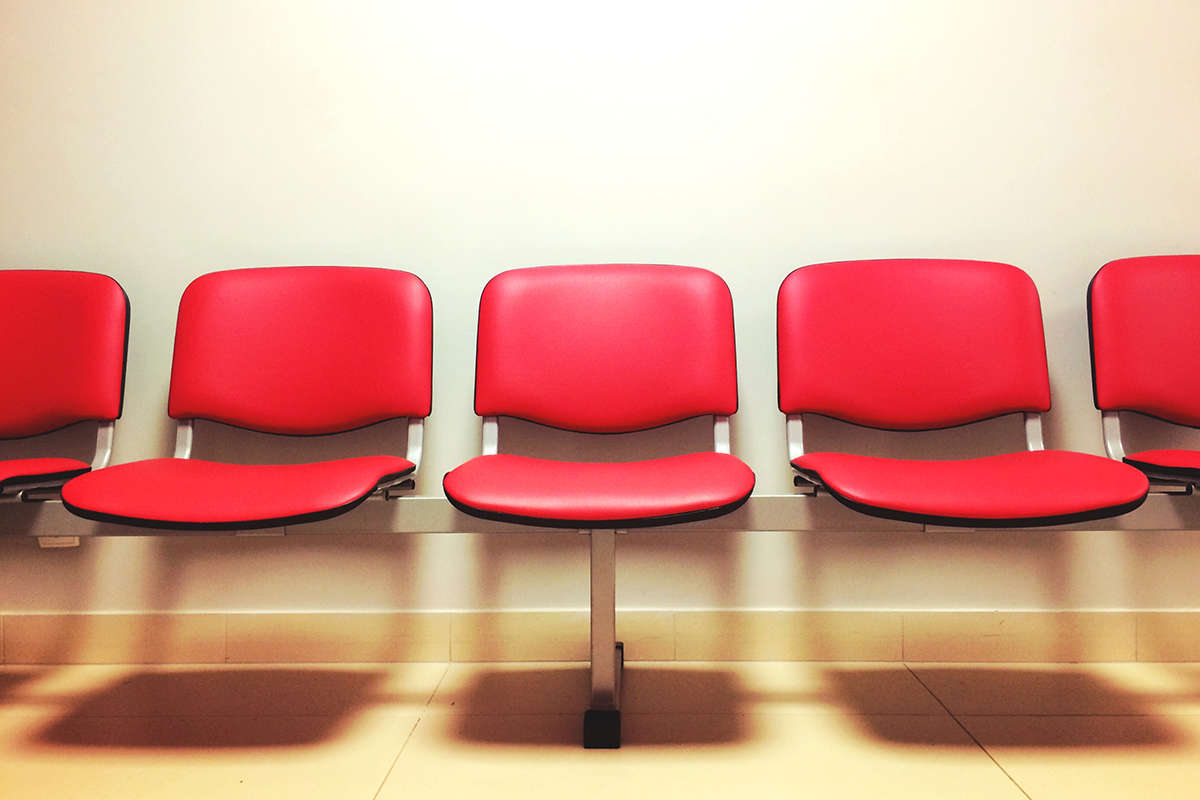7 things to know that’ll make your first sexual health check-up easy.
For many of us, a visit to the doctor can be awkward. So it’s not surprising the idea of your first sexual health check-up could be downright terrifying. Someone you barely know asking intimate details about your sex life or worse still, wanting to have a look at your private parts.
Relax.
Like a lot of things in life, what we imagine something will be like is a lot scarier than what it is really like. So to make it even easier for you, we’ve answered some of the most common questions people want answered before they go for their first sexual health check-up below.
1. Do I need a sexual health check-up?
If you’re having sex, it’s good to get a check-up every 12 months. Remember that many STIs don’t have symptoms so you or your partner could be infected with an STI and not even know it. But if you notice symptoms like a discharge from the vagina or penis, genital blisters or warts, bleeding after intercourse or pain when urinating, then you should arrange for a check-up straight away.
2. Where do I go?
You can go to your local GP but if you prefer to keep this part of your life private from your other health needs, there are lots of other specialised services readily available.
You can go to a local sexual health or Family Planning clinic, an Aboriginal community controlled health service, a multicultural health centre or a youth clinic.
Find your closest sexual health service here.
3. What happens when I get there?
Unless you have symptoms of an STI, you usually won’t be physically examined. They’ll just ask questions about your sexual history to work out which STIs to test for, or how best to keep yourself safe in the future.
It’s understandable that you might be thinking answering questions like that would be so embarrassing, but rest assured the doctor or health worker you’re talking to has no doubt heard it all before.
When it comes to the test, a urine sample or, sometimes for women, a self-collected vaginal swab is generally all that is required. Sometimes, a small sample of blood may be drawn.
4. Are you sure they won’t be shocked?
Health professionals are trained to help you feel at ease regardless of your background, age, gender or sexual identity. Nothing you share will surprise or shock them. You will never be judged and always remember you are in control of the direction of the consultation.
5. Be assured it’s all confidential
What happens in the consulting room stays in the consulting room. All health professionals are bound by privacy and confidentiality laws. So, everything that occurs during the consultation will be kept confidential and not shared with anyone without your consent. The only exception to this would be if whoever you see has serious concerns about your or someone else’s safety.
6. Can I take a friend along
There’s no need to ‘go it alone’ if you want a support person to attend. Enlist a family member or friend to come with you and give emotional support. They’re also handy to help remember any questions you want to ask.
Just be aware that the health practitioner will need to see you alone for part of the consultation to make sure you are able to speak freely and are not being forced by anyone.
7. Do I need to be ‘groomed’ down there
A common fear is about not being perfectly ‘groomed’ down there before a sexual health check-up. Don’t worry, there’s no need to apologise for being unshaved, unwaxed or not freshly showered.
Just as you will never be judged for what you tell a health professional, you will never be judged for how you present at the check-up.
Looking for your closest sexual health clinic, check out all the locations in Australia here.




